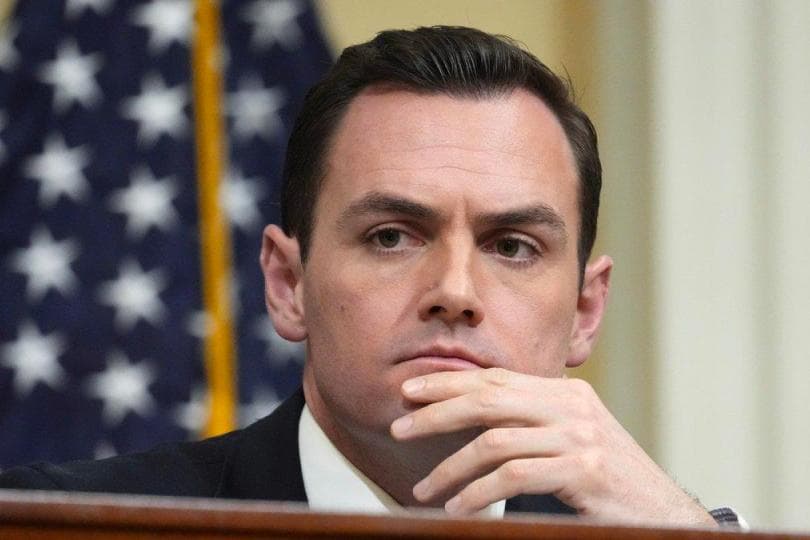US Targets AI Giant Over Alarming China Ties

The recent actions of US House China Select Committee Chairman Mike Gallagher signify a significant shift in the United States' trade and foreign policy, particularly concerning relationships with countries and companies with ties to China. Gallagher's urging for the Commerce Department to consider trade restrictions on Abu Dhabi-based artificial intelligence firm Group 42 Holdings (G42) over its connections to China is a noteworthy development. He expressed particular concerns about G42's associations with blacklisted Chinese entities like Huawei Technologies Co. and Beijing Genomics Institute, as well as
potential risks posed to research within US universities.
Gallagher's call for sanctions on G42 and its subsidiaries, including those linked to Emirati cybersecurity firm DarkMatter, highlights a broader trend of the US government scrutinizing and limiting interactions with foreign companies believed to be involved in activities contrary to US interests. Such measures would necessitate US firms obtaining government licenses before exporting goods to these entities.
This stance is part of a wider narrative of changing attitudes towards international trade and national security. The shift from an era of liberalization and globalization, championed by figures like Ronald Reagan and Margaret Thatcher, to one where trade is increasingly viewed through the lens of national security and geopolitical rivalry, marks a significant departure from past policies.
The focus on China, particularly, is evident in Gallagher's previous actions, including urging restrictions on Chinese internet device firm Quectel Wireless Solutions Co. The concerns extend beyond trade to national security, especially regarding financial flows from the UAE to Beijing in critical technology sectors. This apprehension is mirrored in the broader US administration, as seen in their cautious approach towards firms like G42 with ties to American companies such as OpenAI and Microsoft Corp.
The Commerce Department's reception of Gallagher's letter and its promise to respond appropriately reflects the seriousness with which these issues are being taken. G42's silence on the matter further underscores the tension and uncertainty surrounding these developments.
This situation is emblematic of a global transition in trade and international relations. After decades of increasingly open markets and globalization, the world is witnessing a retraction towards protectionism and national security-driven trade policies. This change, accelerated by events like the US-China trade war under Donald Trump, Brexit, the COVID-19 pandemic, and geopolitical tensions like the Russia-Ukraine conflict, suggests a move away from the era of unfettered free trade.
According to Martin Wolf, chief economics commentator for the Financial Times, this shift represents a new era where the US, driven by economic and security concerns, particularly in relation to China, is moving away from globalized free trade. This transition could impact global growth and reshape production locations, shifting them from China to other developing countries. However, the full impact of these changes and China's response to a trading system increasingly aligned against its interests remains to be seen. This evolving landscape indicates a significant transformation in the principles and practices governing global trade and international relations.


































